
Newegg Delivering the Tech to Creators and Fans in the YouTube Drop Shop at VidCon Anaheim 2023
ANAHEIM, Calif.--(BUSINESS WIRE)--Jun 23, 2023--
2023-06-23 21:16

T-Mobile Releases motorola razr+ Throwback Packs and OMG They’re So Fetch!
BELLEVUE, Wash.--(BUSINESS WIRE)--Jun 23, 2023--
2023-06-23 21:15
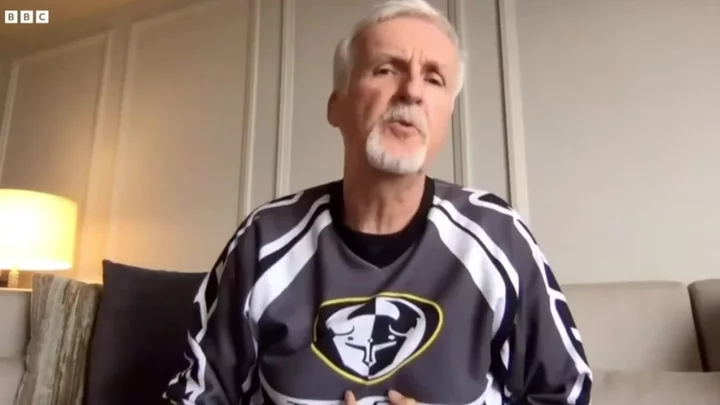
Inside Titanic director James Cameron's obsession with the deep ocean
Public interest in the deep ocean went into a frenzy this week as the search for the doomed Titan submarine played out – and Oscar-winning film director has made no secret of the fact that he is obsessed with the subject. Since it emerged on 22 June that the Titan was destroyed in what US authorities called a “catastrophic implosion”, Cameron has been telling media outlets that he knew what the five-man crew’s fate was since Monday, four days earlier. After calling up his “contacts in the deep submersible community” Cameron said he had already ascertained that the vessel had been destroyed in an implosion. “I felt in my bones what had happened.” Sign up to our free Indy100 weekly newsletter But why does Cameron know so much about the ocean depths? Titanic, Avatar and The Abyss First of all, Cameron has made a lot of films about the bottom of the sea. His 1997 film, Titanic, won 11 Oscars and was the first movie to earn more than $1bn worldwide, and Cameron went deep on his research – literally. The filmmaker has visited the real-life wreck of the Titanic 33 times, making his first trip in 1995 to shoot footage for the film. One of those dives even involved getting trapped with the wreck for 16 hours, with currents of water holding the director’s submarine at the bottom of the ocean. He has even written a book about his experiences, Exploring The Deep, which includes details of his dive journey, photos and maps from his own explorations of the wreck. He told ABC News: “I actually calculated [that] I've spent more time on the ship than the captain did back in the day.” Long before Titanic, Cameron directed The Abyss in 1989. The premise of the film is that an American submarine sinks in the Caribbean – sound familiar? That prompts a search and recovery team to race against Soviet vessels to recover the boat. Meanwhile, the last movie in Cameron’s famous Avatar franchise, The Way of Water, is set on the aquatic ecosystems of a world 25 trillion miles from Earth. "Some people think of me as a Hollywood guy … (but) I make 'Avatar' to make money to do explorations," Cameron told The Telegraph. Going even deeper In 2012, Cameron went a step further, plunging nearly 11km down to the deepest place in the ocean, the Mariana Trench in the western Pacific. The filmmaker made the solo descent in a submarine called the Deepsea Challenger, and it took more than two hours to reach the bottom. The submarine he used was years in the making, designed by Cameron himself with a team of engineers. The trip was only the second manned expedition to the Mariana Trench. The first was in 1960, when US Navy Lieutenant Don Walsh and Swiss scientist Jacques Piccard descended to the ocean floor. “It was absolutely the most remote, isolated place on the planet,” Cameron said in a later interview. “I really feel like in one day I've been to another planet and come back.” He was even underwater when 9/11 happened His obsession with the ocean goes back to age 17, he told the New York Times, when he learned to scuba dive, when he said he felt like he had discovered the "keys to another world”. And between making Titanic in 1997 and Avatar in 2009 Cameron didn’t make a feature film. But he did make documentaries about sea exploration. One of those, 2003’s Ghosts of the Abyss, showed Cameron's travels to the Titanic, while the other, 2005’s Aliens of the Deep, saw Cameron team up with NASA scientists to explore the sea creatures of mid-ocean ridges. Cameron’s fascination even meant he was inside a submersible vessel exploring the Titanic on 11 September 2001, when terrorists flew two passenger jets into the World Trade Centre. It was only after the now-68-year-old director and his crew finished their expedition and returned to the main ship that Cameron learned what had happened. “What is this thing that’s going on?” Cameron asked the late actor Bill Paxton, who played treasure hunter Brock Lovett in the film. “The worst terrorist attack in history, Jim,” Paxton said. Cameron realised he “was presumably the last man in the Western Hemisphere to learn about what had happened,” he told Spiegel in 2012. Have your say in our news democracy. Click the upvote icon at the top of the page to help raise this article through the indy100 rankings.
2023-06-23 20:29

GE HealthCare Advances PET/MR Capabilities with AIR Technologies
CHICAGO--(BUSINESS WIRE)--Jun 23, 2023--
2023-06-23 20:25

Android update blamed for record number of 999 calls
Police in the UK have blamed an Android smartphone update on a record increase in accidental 999 calls. The National Police Chiefs Council said the Emergency SOS function was resulting in emergency switchboards being overwhelmed by “silent” calls. The emergency feature is activated when a side button on a device is repeatedly pressed, which triggers a countdown that allows the action to be cancelled by dragging a slider across the screen. However, many users appear to inadvertently initiate emergency calls when their device is in a bag or pocket. “Nationally, all emergency services are currently experiencing record high 999 call volumes,” the National Police Chiefs Council said. “There’s a few reasons for this, but one we think is having a significant impact is an update to Android smartphones.” Met Police chief superintendent Dan Ivey said people should disable the emergency feature, claiming that an “unprecedented” number of calls to emergency lines in June were a result of people accidentally activating it. The majority of smartphone owners in the UK use Android, with Samsung, Huawei and Google Pixel phones all using the mobile operating system. Google, which first began rolling out the Emergency SOS update with the release of Android 12 in 2021, said that it was working with these smartphone manufacturers in order to resolve the issue. “To help these manufacturers prevent unintentional emergency calls on their devices, Android is providing them with additional guidance and resources,” a spokesperson for Google said. “We anticipate device manufacturers will roll out updates to their users that address this issue shortly. Users that continue to experience this issue should switch Emergency SOS off for the next couple of days.” The feature can be deactivated within the ‘Safety and Emergency’ section of Android’s settings. Android researcher Mishaal Rahman noted on Twitter that the issue also appeared to impact other law enforcement agencies around the world, including police in Canada and Europe. Read More Facebook and Instagram to block news in Canada Police warn about dangerous emergency setting on Android phones Meta rejects accusation of censorship of language around female body Facebook and Instagram to block news in Canada
2023-06-23 19:23

Scientists discover centuries old 'echo' from supermassive black hole
The universe appears to be speaking to us, after a centuries old “echo” from a supermassive black hole was detected by scientists. The black hole located inside the Milky Way became active around 200 years ago and produced a sound that is now being studied. The research was published in Nature and focuses on the black hole named Sagittarius A* (Sgr A*) found 26,000 light-years away from Earth. The noise was triggered when the object consumed gas and dust, with particles moving into the event horizon. The findings could teach us more about the activity of supermassive black holes, which continue to intrigue and confound scientists. Sign up to our free Indy100 weekly newsletter Author of the research Dr Frederic Marin of Strasbourg University said: “It reveals the past awakening of this gigantic object – which is four million times more massive than the Sun. “Our work presents the missing piece of evidence that X-rays from the giant molecular clouds are due to reflection of an intense, yet short-lived flare produced at or nearby Sagittarius A*. These results can further constrain the past activity of the galactic centre.” By their very nature, black holes are difficult to study as they absorb light around them, and these new findings offer insight into a fascinating part of space. Dr Marin said: “To get an idea of the increase in intensity of the X-ray emission when the black hole emerged from its quiescent state, it is as if a single glow-worm hidden in a forest suddenly became as bright as the Sun. “These findings explain why galactic molecular clouds near Sgr A* are shining more brightly than usual. It is because they are reflecting the X-rays emitted by Sgr A* 200 years ago.” Have your say in our news democracy. Click the upvote icon at the top of the page to help raise this article through the indy100 rankings.
2023-06-23 19:19

Honda recalls nearly 1.2M vehicles because rear camera image may not appear on dashboard screen
Honda is recalling nearly 1.2 million vehicles in the U.S. because the rear view camera image may not appear on the dashboard screen
2023-06-23 19:16
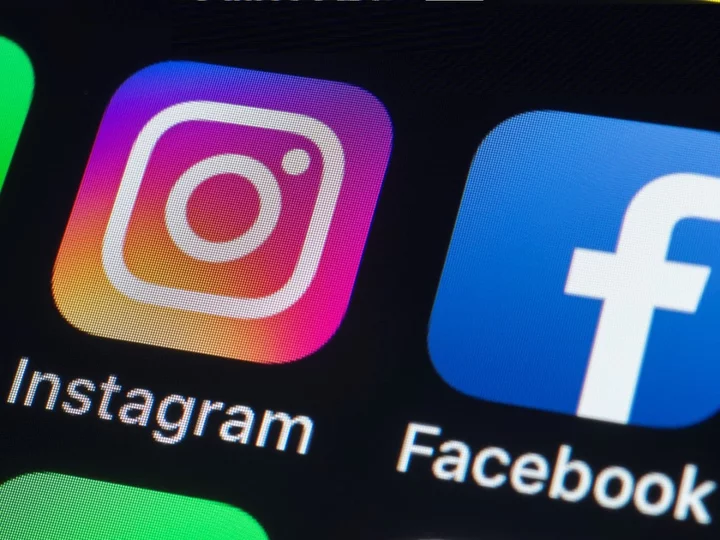
Facebook and Instagram to block news in Canada
Meta has announced plans to remove all news content from Facebook and Instagram in Canada ahead of a new law coming into effect that would force the platforms to share revenue with publishers. The Online News Act, known as Bill C-18, will force big technology companies to compensate news publishers for content that appears on their platforms, with Google also impacted by the legislation. “Today, we are confirming that news availability will be ended on Facebook and Instagram for all users in Canada prior to the Online News Act (Bill C-18) taking effect,” Facebook said in a blog post. “We have repeatedly shared that in order to comply with Bill C-18, passed today in Parliament, content from news outlets, including news publishers and broadcasters, will no longer be available to people accessing our platforms in Canada.” Ottawa has said the law creates a level playing field between online advertising giants and the shrinking news industry. Canadian Heritage Minister Pablo Rodriguez has promised to push back on what he describes as “threats” from Facebook and Google to remove journalism from their platforms. Meta’s plan to comply with the new law by blocking all news will also likely be harmful for news organisations, who derive web traffic from stories posted to Facebook and Instagram. The tech giant did not offer details about the timeline for the move, with the bill set to come into force six months after it receives royal assent. Meta, which is based in Menlo Park, California, has taken similar steps in the past. In 2021, it briefly blocked news from its platform in Australia after the country passed legislation that would compel tech companies to pay publishers for using their news stories. It later struck deals with Australian publishers. Laura Scaffidi, a spokesperson for the minister, said Mr Rodriguez was set to have a meeting Thursday afternoon with Google, which has hinted that removing news links from its popular search engine is a possibility. The company didn’t provide comment on the matter. Meta is already undergoing a test that blocks news for up to five percent of its Canadian users, and Google ran a similar test earlier this year. The Online News Act requires both companies to enter into agreements with news publishers to pay them for news content that appears on their sites if it helps the tech giants generate money. Ms Scaffidi said: “The tech giants do not have obligations under the act immediately after Bill C-18 passes. As part of this process, all details will be made public before any tech giant is designated under the act.” Additional reporting from agencies Read More Elon Musk confirms cage fight with Mark Zuckerberg Facebook Marketplace is most complained-about online retail platforms Meta reveals new AI that is too powerful to release Mark Zuckerberg reveals what he thinks about Apple’s headset – and it’s not good
2023-06-23 16:19
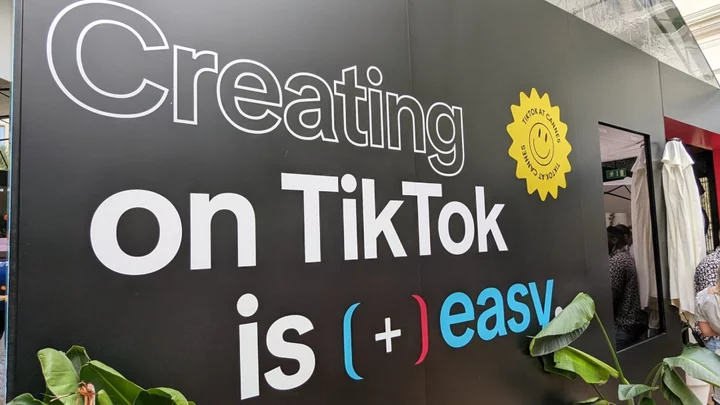
TikTok Ban? Not at Cannes, Where Advertisers Embrace the Video App
TikTok Inc.’s political troubles seemed far away in Cannes, where advertising executives swarmed the short video app’s booth
2023-06-23 13:21

Twitter faces 'stress test' of Europe's tough new Big Tech rules
A top European Union official is in Silicon Valley to check whether Twitter is ready to comply with sweeping new standards that the world’s biggest online platforms must obey soon
2023-06-23 12:51
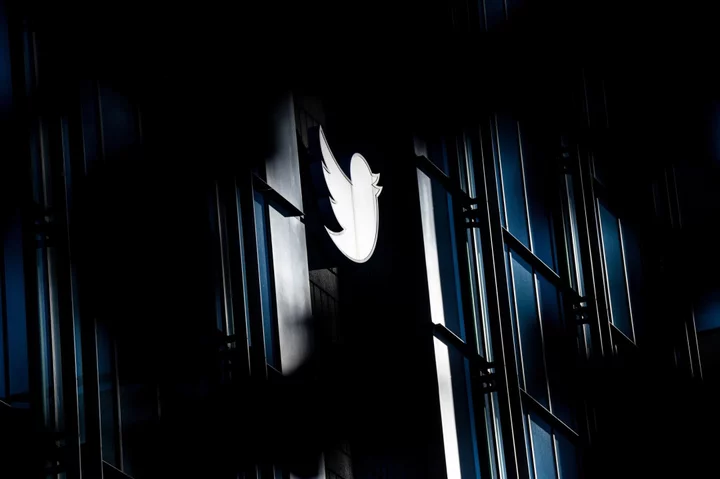
EU Warns Twitter Must Bolster Resources Ahead of Elections
Elon Musk’s Twitter needs to increase its resources if it wants to comply with new European regulations ahead
2023-06-23 09:45

Metatime Has Successfully Secured a Total Investment of $25 Million to Date for Its Blockchain Ecosystem
NEW YORK--(BUSINESS WIRE)--Jun 22, 2023--
2023-06-23 08:58
You Might Like...

ADDING and REPLACING Fire Chiefs Gain Critical Access to Drone Tech and Streamlined Procurement with Cooperative Purchasing

EY Announces Clearfield’s Cheri Beranek as an Entrepreneur Of The Year® 2023 Heartland Award Winner
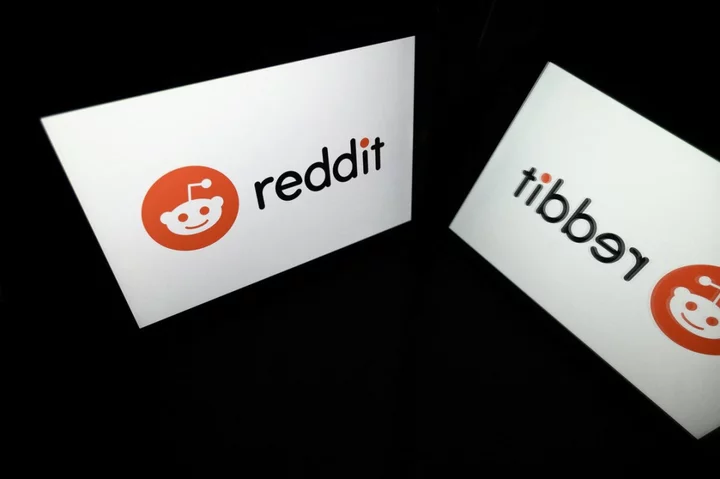
Reddit goes dark: Why are thousands of the world’s most popular forums shutting down?
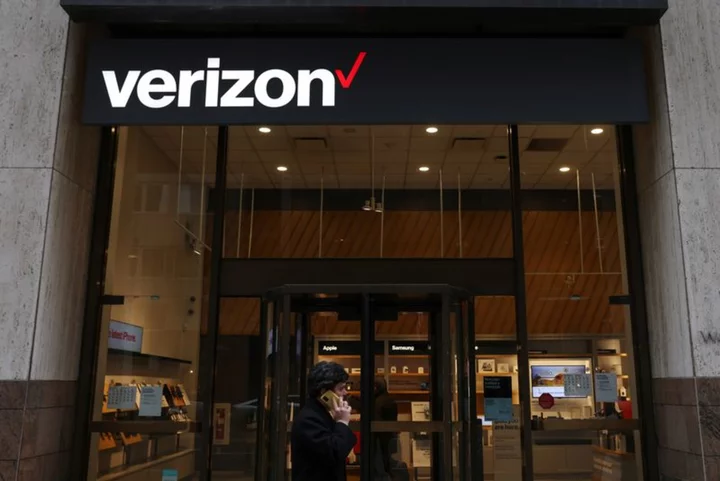
Verizon warns customer service employees of impending layoffs- The Verge

Nintendo Download: An Electrifying Enigma
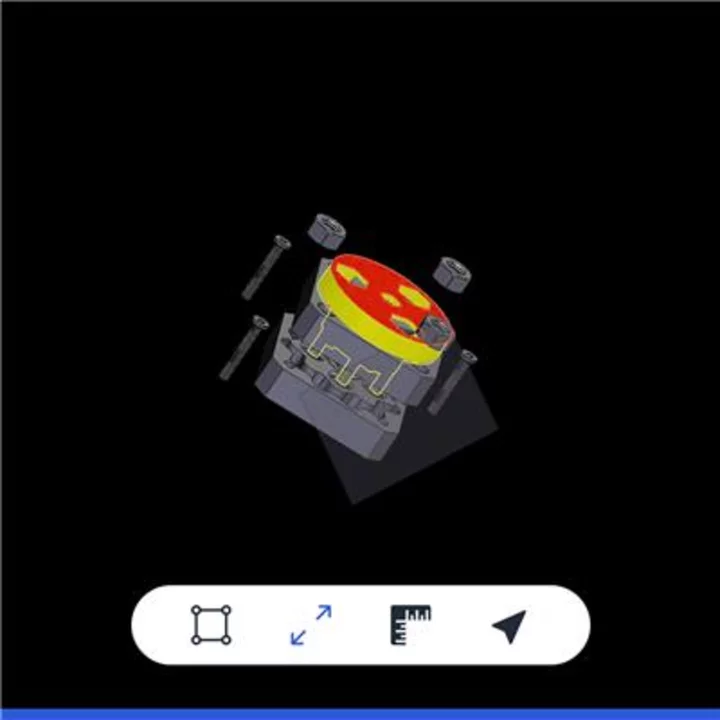
Shapeways Announces Key Investments in Software Offering

CORRECTING and REPLACING New Indie Game ‘Memory Fragment’ Enters Early Access on Steam

“Experience Phenom X+” Live Event to Showcase How Generative AI Enables HR Teams to Achieve Unprecedented Levels of Productivity
